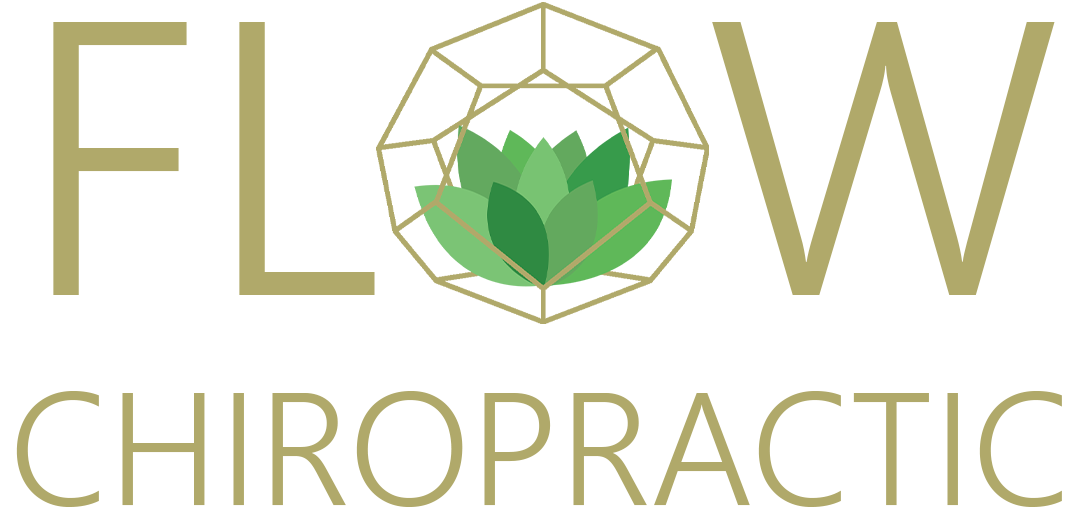Not a Weight Loss Doctor
Growing up in the 90’s was a wild time. Remember any of these toys?
Landlines, rewinding VHS tapes, riding your bike to your friend’s how to see if they wanted to play instead of texting them, listening to the same music on a CD player over and over and getting reeeeallll frustrated when your sister accidentally sits on your favorite “Grease the Soundtrack” making it useless (sorry about that, Kate!), and so many other things I could list that the “kids these days” would never understand! Amongst all of these fond memories is also a keen awareness of diet culture and associating thinness with beauty. I would be lying if I said I wasn’t influenced by these ideas and found myself in years worth of restrictive dieting and exercise patterns. Being 5”10, of course I was going to weigh more than my friends, but no matter your height or weight, I also felt that a right of passage as a woman was to “hate your body” and strive to improve it through weight loss. This is nothing new or limited to the 90’s as this troupe has been within our culture for generations, but this is simply my observation.
When thinking about my path out of this ideology, I would thank my years of working out at 616 Fit (formally Crossfit 616) and being introduced to BIRTHFIT. What attracted me so much was the empowering message of female strength and resilience. I could see it so clearly - why are we trying to achieve weight loss as a marker of beauty and health when in reality, weight loss can be a sign or symptom of something going wrong in your body? What is wrong with nourishing yourself with REAL food in appropriate quantities for your lifestyle and satiation
The line between what I do within my Functional Medicine practice to optimize health and not allow the goal to become hyper focused on weight loss is a very fine line as the majority of patients I see are women and the conversation is alive and well when it comes to your self worth and confidence tied to your body size. I am not a therapist and do not counsel people around their ideology about their weight. However, I am astute enough to notice negative self talk and destructive behavior that takes people further from their health goals and can be detrimental for years to come not only in your life, but the impressionable young people you may come into contact with.
The purpose of writing this blog series, is to be crystal clear and transparent about what I do (and not do!) and how I approach health and helping my patients. So, how do I do that? During my first visit with a patient, I have already been able to read through their health history and ascertain what their goals of seeking my help are. I often see symptoms that can be correlated to under-eating such as:
Digestive issues
Low energy
Fatigue
Cravings
Weight gain.
As we move into the new year, surrounded by diets, detoxes, super foods, new exercise routines, and possibly the temptation to get wrapped up in all of it, I want to share in the weeks to come, my approach to nutrition with my clients.
I will break it down into 5 steps:
Assessing your Daily Intake
Understanding Food Content
Planning
Accessorizing to your Nutrition Plan such as Exercise, Sleep, and Self Talk
Moving Forward
I hope you enjoy my take on this subject which comes from a mixture of self experimentation and experience as well as training and education in the realm of Functional Medicine and Nutrition.


